Former Governor of Anambra State and presidential candidate of the Labour Party, Mr Peter Obi, has commended the Federal Government for approving $1 billion (₦1.5 trillion) for the modernisation of the Apapa and TinCan Island Ports in Lagos, but called for a more equitable approach to port development across the country.
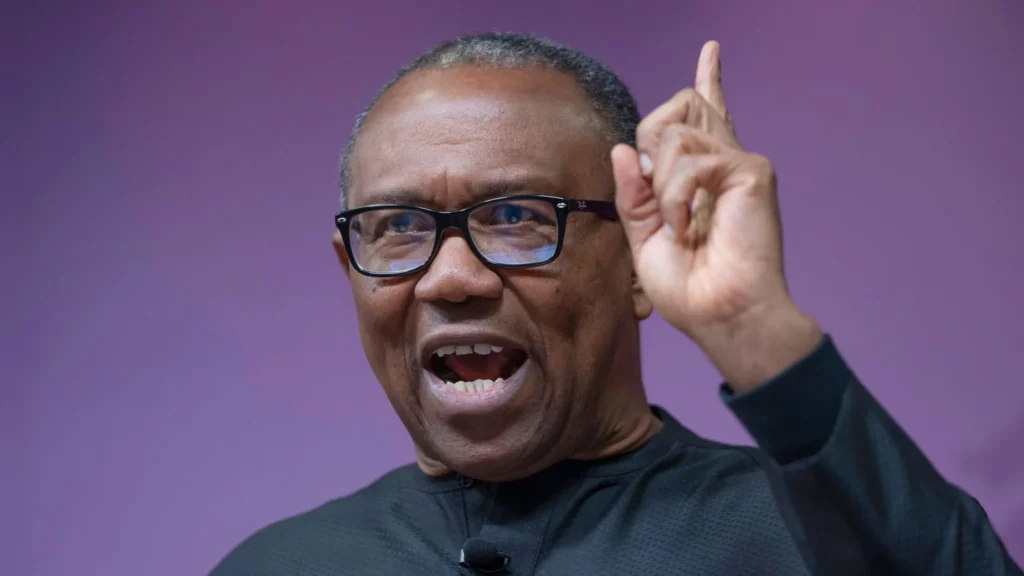
Obi
In a statement titled “The Imperative of Diversifying Port Development in Nigeria”, Obi welcomed the move as a positive step toward improving efficiency and embracing technology in Nigeria’s maritime sector. However, he stressed that such initiatives must be guided by accountability, transparency, and fairness to all regions.
According to Obi, the continued concentration of port development in Lagos reflects a longstanding imbalance in Nigeria’s infrastructural investment. “Nigeria’s infrastructure investment remains excessively concentrated in Lagos, often at the expense of other strategic ports such as Warri, Port Harcourt, Calabar, and Onne,” he said. “If fully developed, these ports could enhance productivity, drive trade, create jobs, and open new economic corridors that would lift millions out of poverty across the federation.”
Citing examples from around the world, Obi noted that countries which decentralised their port development have reaped enormous economic benefits. “Vietnam operates over 300 ports distributed across the country, Indonesia has about 111 commercial ports, South Africa maintains eight major seaports, while Egypt, Morocco, Algeria, and even Ghana have ensured their ports are geographically spread to promote balanced development,” he explained.
He observed that over 70 per cent of Nigeria’s port activities remain concentrated in Lagos, causing severe congestion, high demurrage costs, environmental degradation, and delays that increase the cost of goods and discourage investors. Obi maintained that developing other ports is therefore not merely an infrastructural concern but a national imperative.
“Revitalising Warri, Port Harcourt, Calabar, and Onne would decongest Lagos, reduce shipping costs, attract investment, create employment, and stimulate regional economies,” he stated.
Obi further emphasised the need for holistic reform of the maritime sector to tackle corruption, reduce bureaucracy, and embrace technology for seamless and paperless operations. He expressed optimism that if prudently managed, the Lagos modernisation project could become a model for broader maritime transformation in Nigeria.
He concluded by urging the government to pursue fairness and equity in infrastructural planning, saying: “Now more than ever, Nigeria must rebuild with fairness, guided by equity, integrity, and a clear vision to transform our nation from one of consumption to one of production and shared prosperity.”


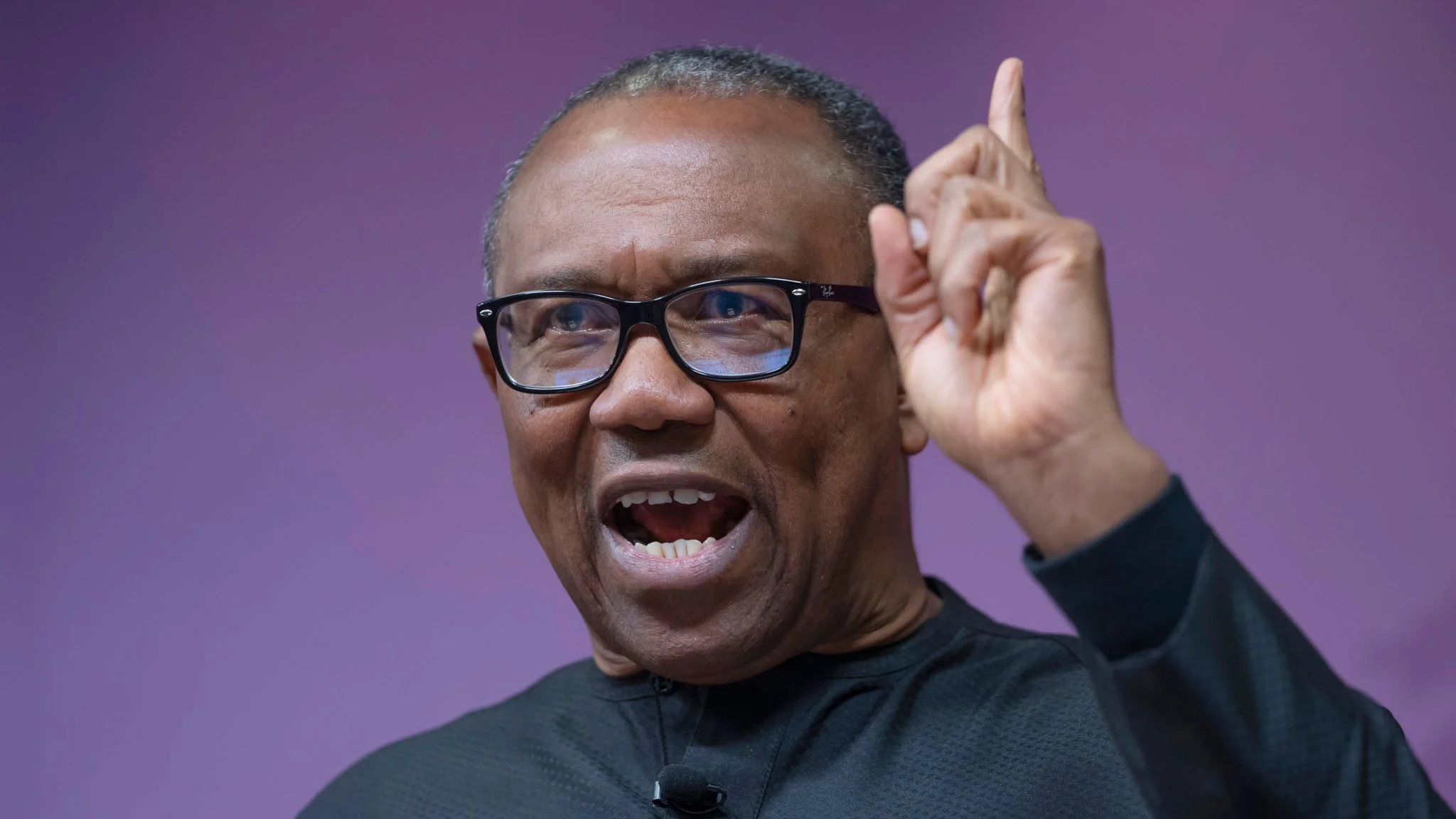
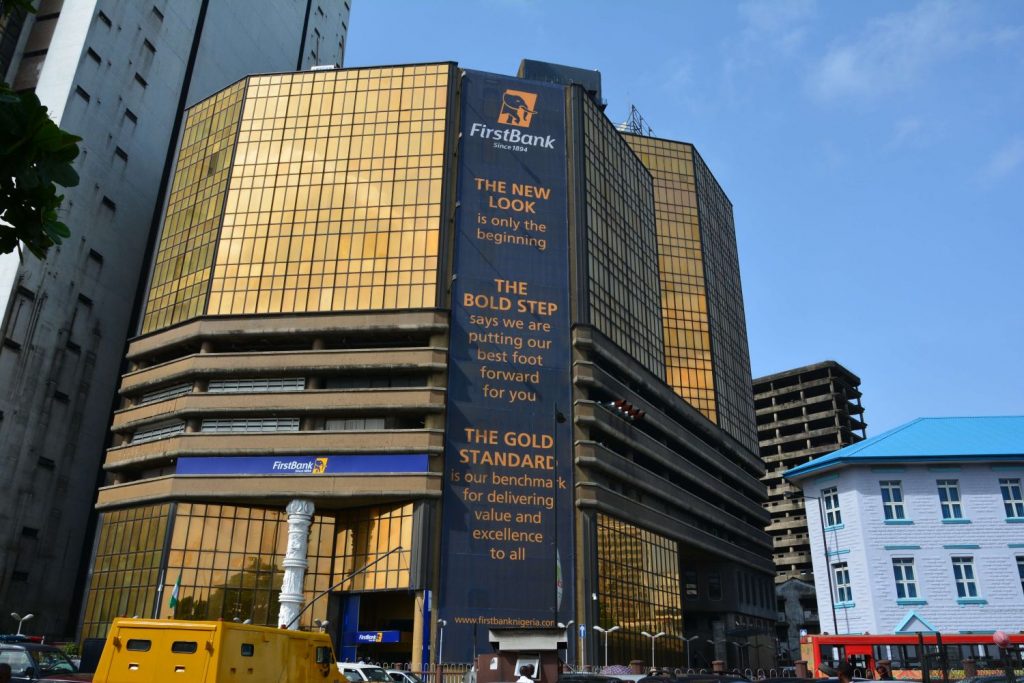
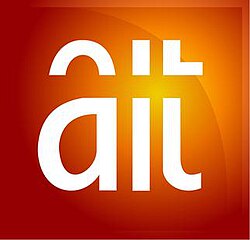


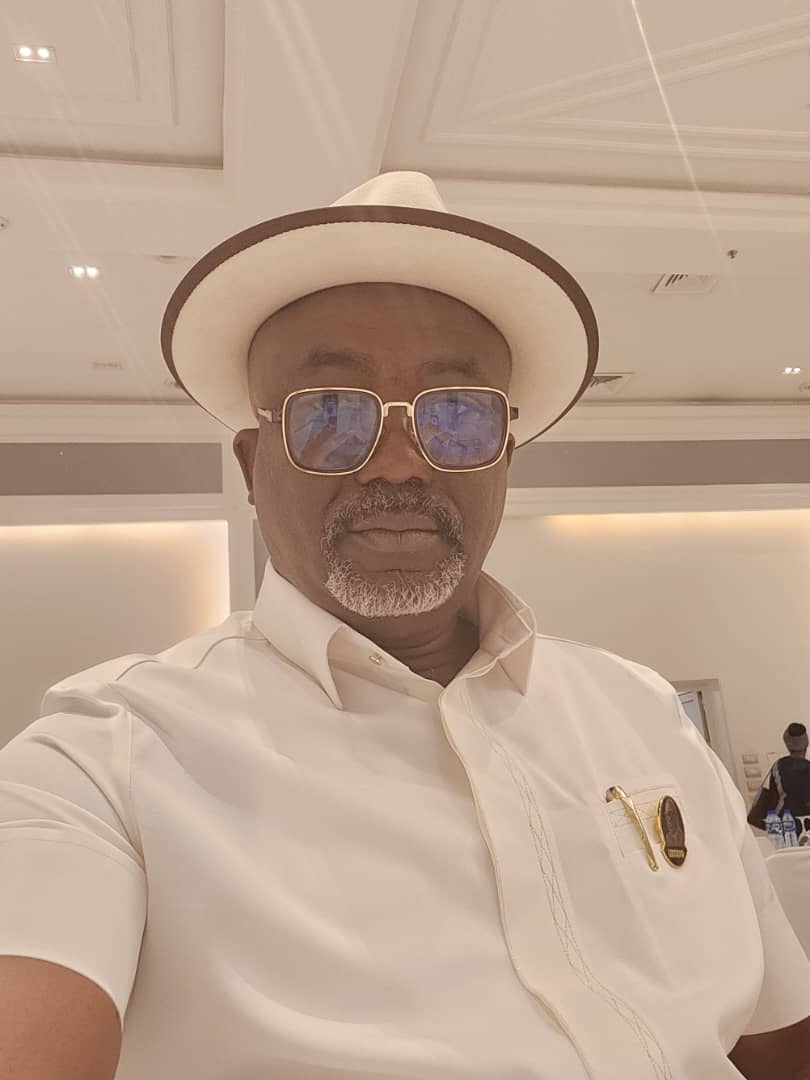


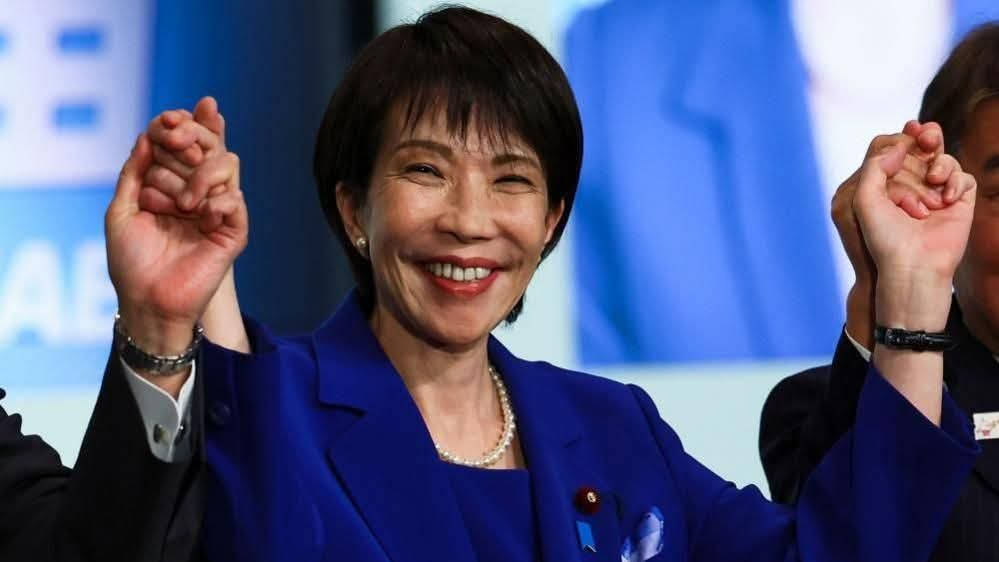
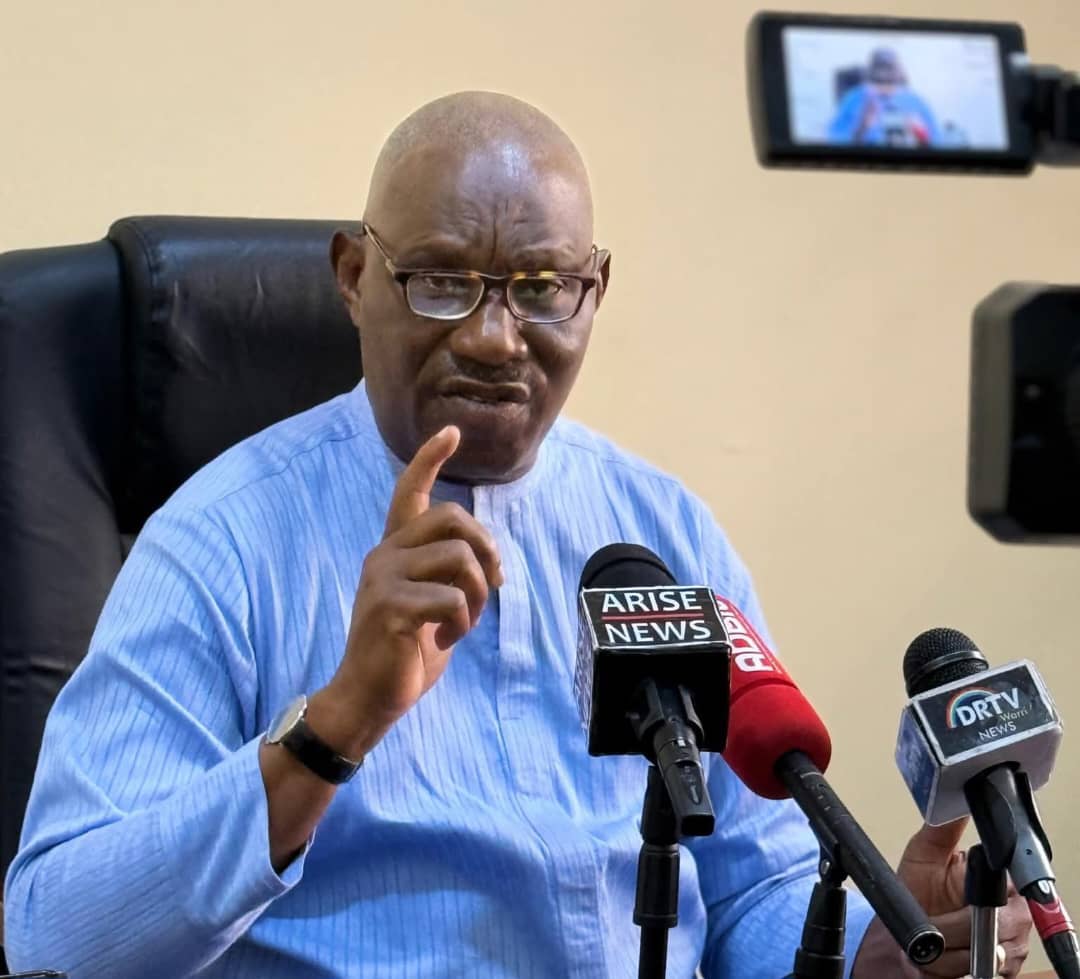

Leave a Reply